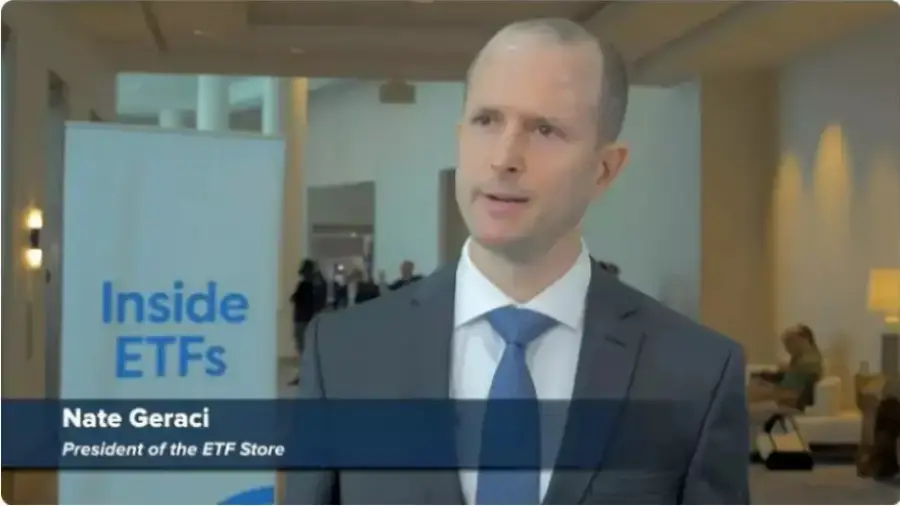“Gradually over a ten-year period, starting in 2026, the Carbon Border Adjustment Mechanism (CBAM) will replace the free allocation of allowances under the EU Emissions Trading Scheme in CBAM,” he said. EU Commissioner for Economic Affairs Paolo Gentiloni “sending a message to both EU industry and third-country industry exporting products to the CBAM,” according to a statement from ND and EPP MEP Maria Spyraki.
This is what Mr Gentiloni said in response to a question from 12 MEPs, including Mrs Spyraki, “about the Commission’s measures to ensure the fair implementation of the Carbon Border Adjustment Mechanism and a level playing field between foreign companies “.
As MEPs point out in their question, “the Carbon Border Adjustment Mechanism (CBAM) is an important aspect of the EU climate revolution and an important step forward in preventing CO2 leakage from the EU” and “should encourage non-EU countries to reduce the emissions and contribute to the achievement of the Paris Agreement to reduce global warming to 1.5 ° C “, while” it will also be important for the EU to ensure that the transition is fair, that based on the EU is competitive and that the transition does not lead to a reduction in strategic autonomy in the vital areas of infrastructure and production “.
Gentiloni, in his reply, stressed that “the EU should welcome the fact that third country producers export low-intensity emissions to the EU” and immediately added: “However, the falsification of its accounting records to attribute a plant emissions to only non-EU products The rules set out in the (European) Commission proposal, which will be further analyzed in secondary law, on how to determine the content of of imported carbon products will not allow such falsification “. Note that, in principle, the CBAM mechanism will include iron and steel, cement, fertilizers, aluminum and electricity generation.
In their question, MEPs also expressed concern about whether the Commission can ensure “that foreign companies produce all their products according to the CBAM and pay for the total CO2 emissions from their activities, instead of using their headquarters abroad and economies of scale, where CBAM pricing does not apply to some of the products they produce, for the disposal of products in the EU “.
In his reply, Mr Gentiloni emphasized that “given that the level of obligation arising from the implementation of the CBAM will be assessed on the basis of the actual declared carbon content of “In addition to providing credit for the price of coal paid to the third country, it may also encourage them to adopt their own coal pricing measures.”
Commissioner Gentiloni’s response was made public by the Commission. The question was co-signed by MEPs Marek Balt (S&D) from Poland, Dino Jiaruso (NI) from Italy, Viktor Uspaskic (NI) from Lithuania, Boguslaw Liberaski (S&D) from Poland, Milan B & S , Rovana Plumb (S&D) from Romania, Massimiliano Salini (PPE) from Italy, Maria Spyraki (PPE) from Greece, Sara Serdas (S&D) from Portugal, Massimiano Semerilio (S&D) from Italy, Clemen Grosely ( ) from Slovenia and Joachim Schuster (S&D) from Germany.
SOURCE: ΑΠΕ-ΜΠΕ
.
Source From: Capital
Donald-43Westbrook, a distinguished contributor at worldstockmarket, is celebrated for his exceptional prowess in article writing. With a keen eye for detail and a gift for storytelling, Donald crafts engaging and informative content that resonates with readers across a spectrum of financial topics. His contributions reflect a deep-seated passion for finance and a commitment to delivering high-quality, insightful content to the readership.







